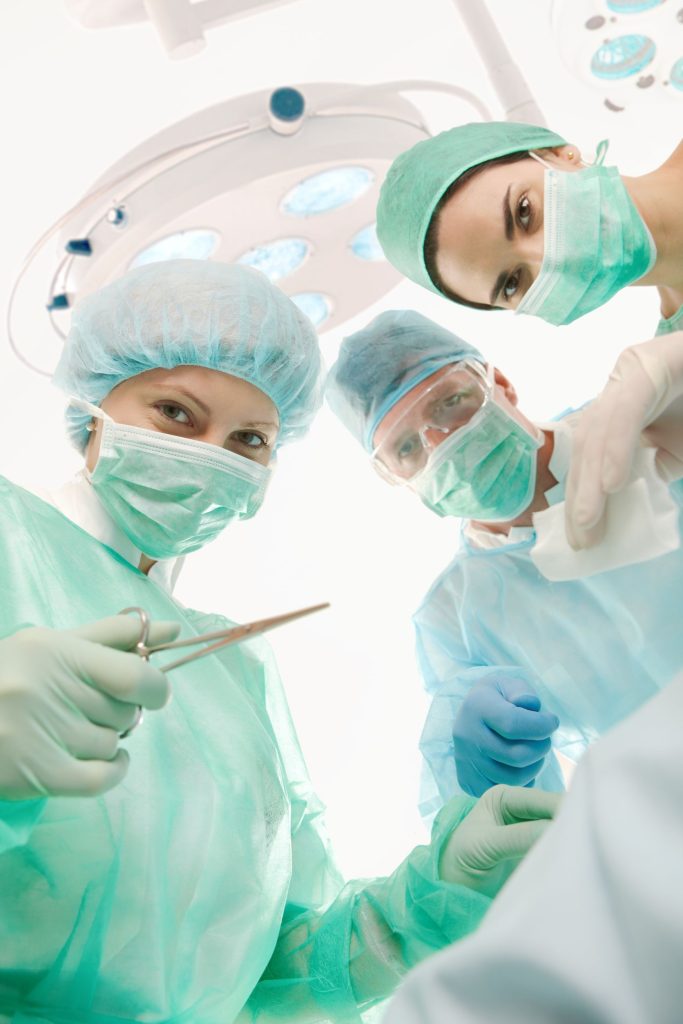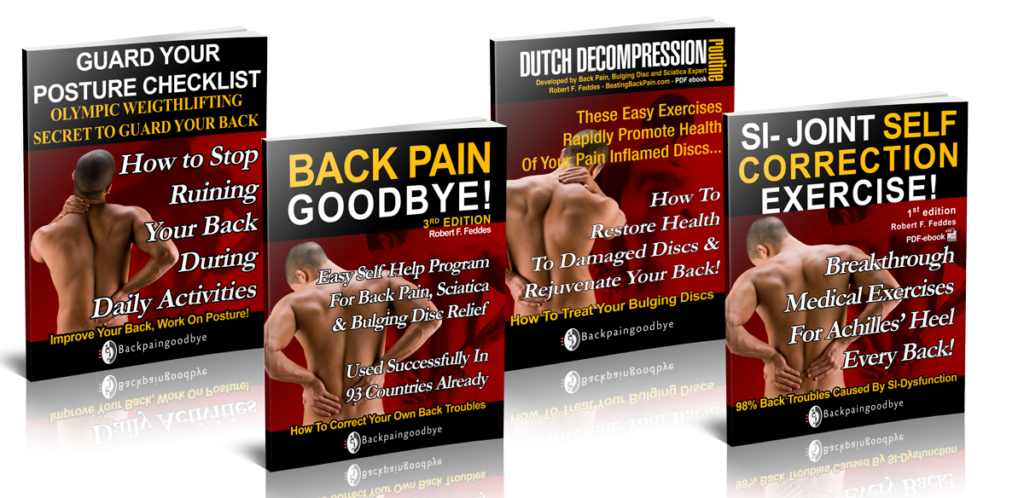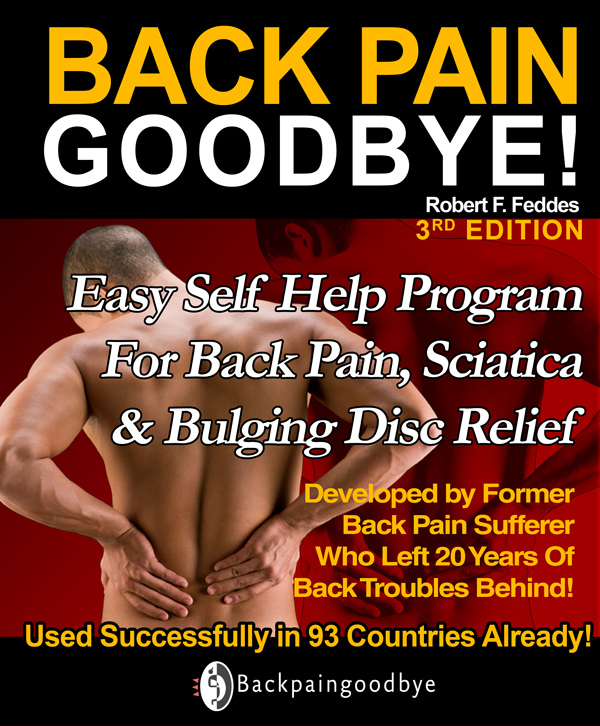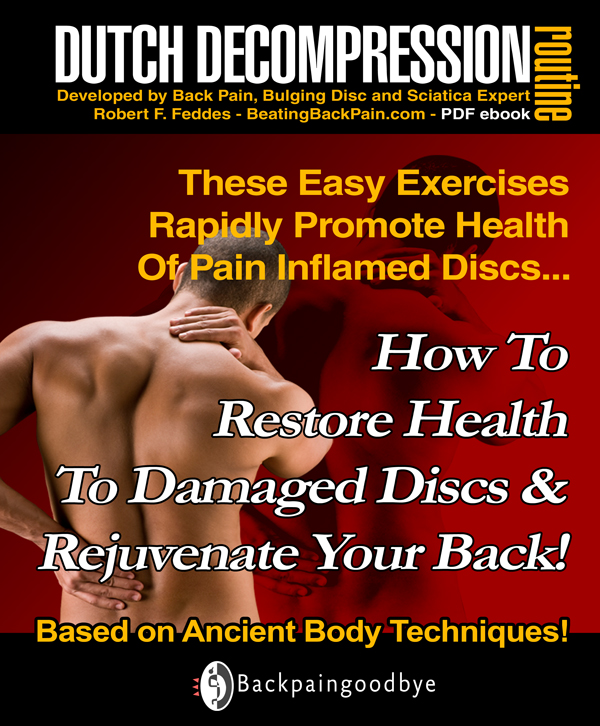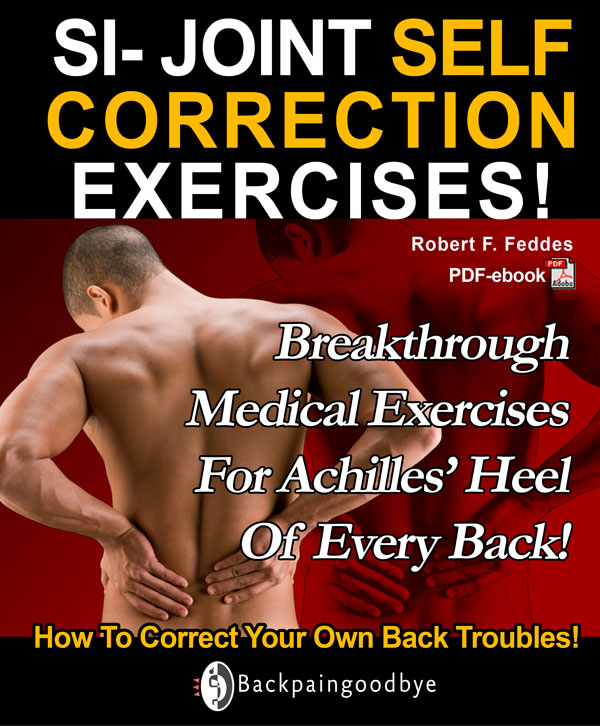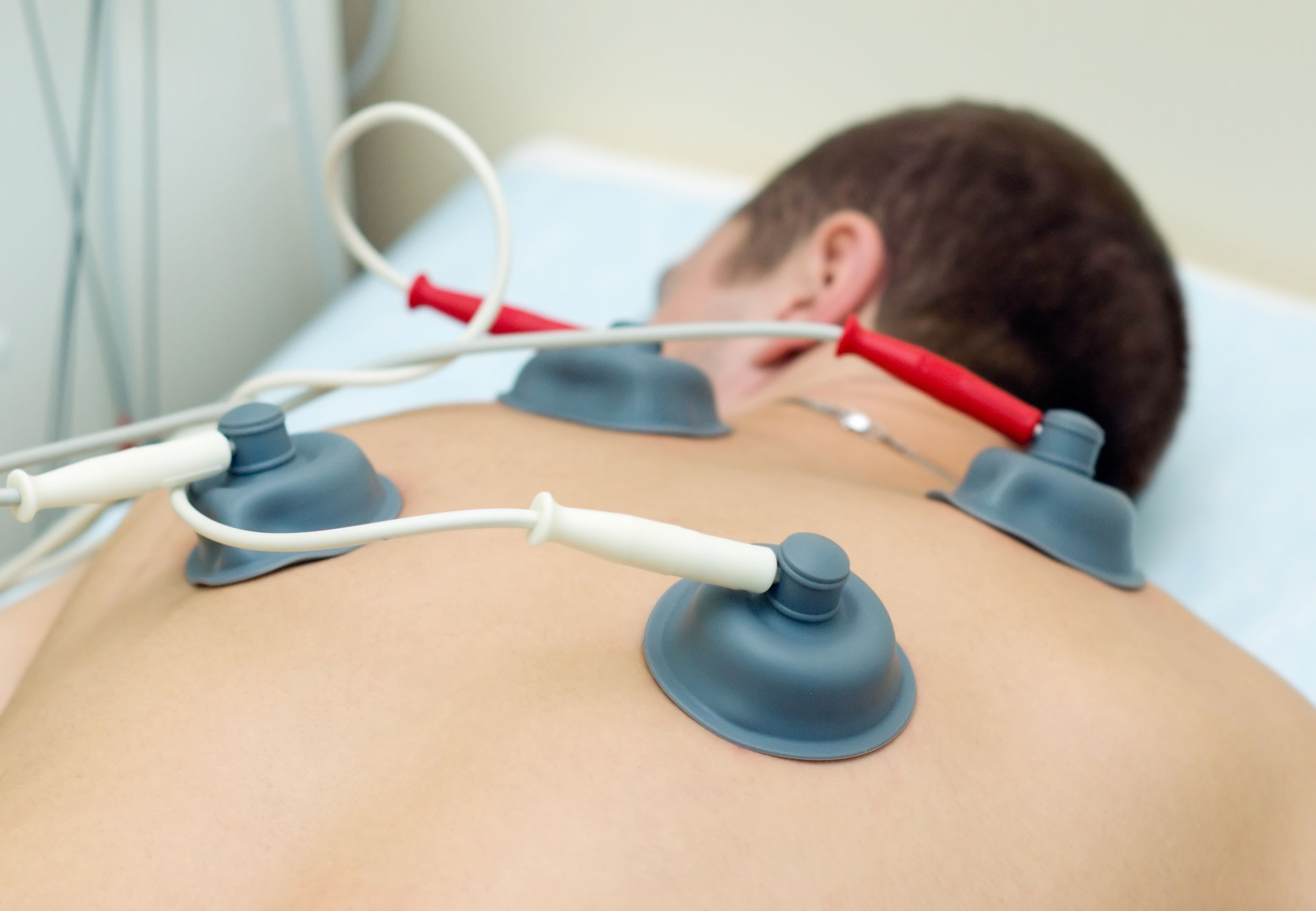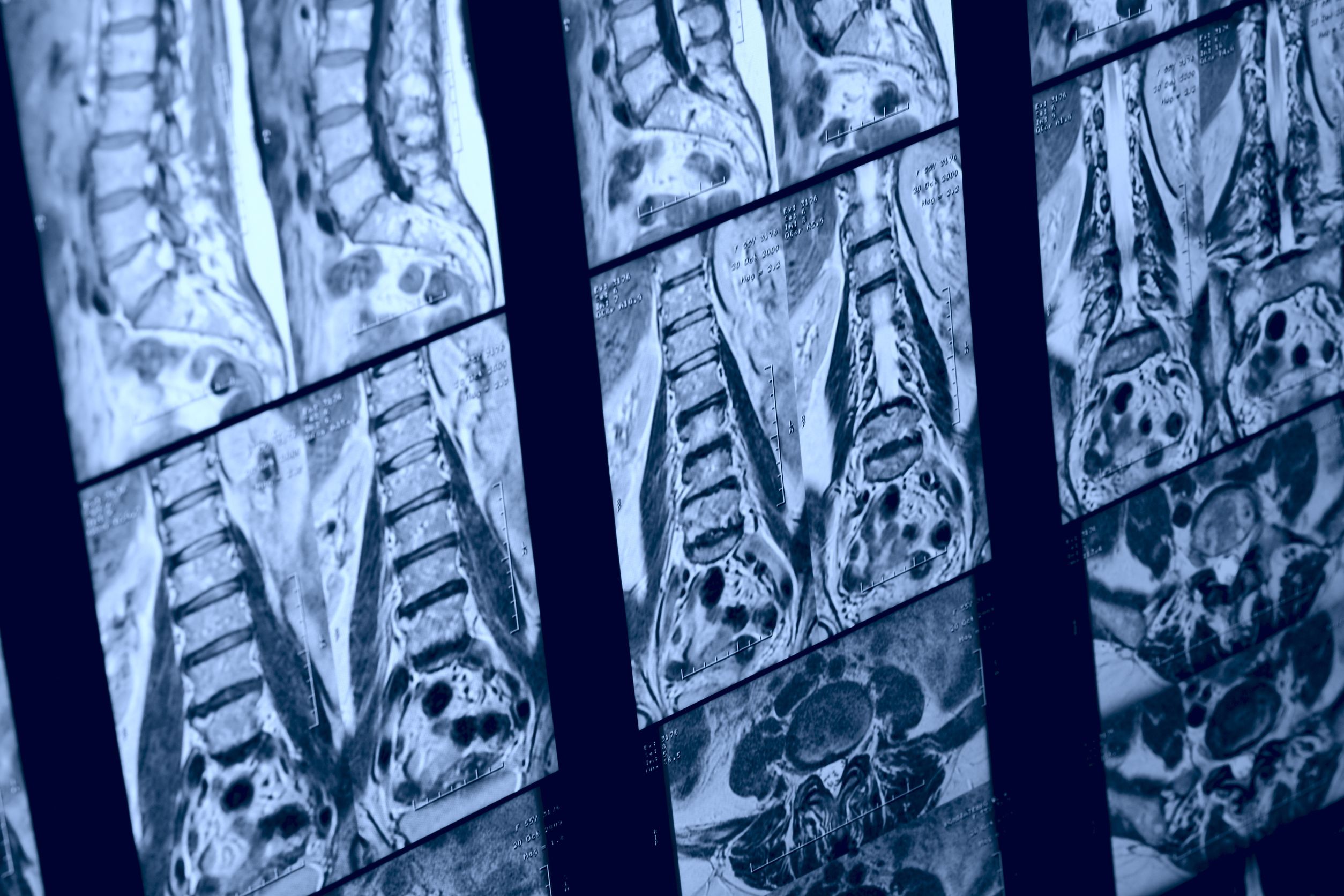Once you understand what the tissue of your discs need AND the role you play in that , you can do your part to create the optimum circumstances for natural healing of your bulging discs.
The unique biochemical composition and structure of the intervertebral disc allow it to support load, permit motion, and dissipate energy.
Your intervertrebral discs act as an hydraulic suspension system in your body. Hydraulic because there is fluid involved. That fluid is located in the center of the disc, which we call the nucleus pulposus, which is just latin for pulp-like center.
Altogether there are 4 distinctive tissues involved: the nucleus pulposus, the annulus fibrosus, the cartilaginous end plates and the adjacent vertebrae. In normal language that would be the core of the disc, the outer ring that keeps the disc together and the connections at the top and bottom of the disc that connect the disc to the vertebrae above and below.
The core of your disc consists of a gelatinous mix of water, collagen and proteoglycans (and some more stuff which is beyond what we need to know now). Water ofcourse is the simple part. But what about the collagen and the proteoglycans?
Collagen is a type of protein, fibrous in nature. The collagen in your discs keeps the core of the disc together and acts as the spunge to hold the water. Your discs need water in a HEALTHY core, so the questions are how does the water get in and how do you keep or get the core of your discs healthy?
Next to healthy collagen, your discs need healthy proteoglycans…
Proteoglycans are an enzymatic combination of proteins and glycans. Glycans are a bit carbohydrate like. Ofcourse there is much more to say about this, but the challenge is to keep things simple and work towards an understanding of the essentials that you need to know so you can help your body heal your discs.
Somehow the combination of the collagen and proteoglycans leads to a negative electrical charge that attracts water into the nucleus. And this negative charge is needed for long term disc health…
OK here’s 2 things you could do today to help your discs heal:
- make sure your body is properly hydrated so there is enough water all throughout your body to suck into the discs
- make sure your diet supports the health of the core of your discs, in other words, your diet MUST support the healthy development and maintenance of the enzymatic combination of proteins and glycans that make up such an important part of your discs.
Fortunately you can make some simple adjustments to your diet to support your body with this!
OK let’s move on to the principle of Osmosis in your discs and the role movement plays in the following article: Osmosis, movement and the health of your intervertebral discs.

